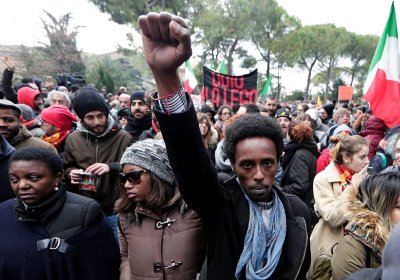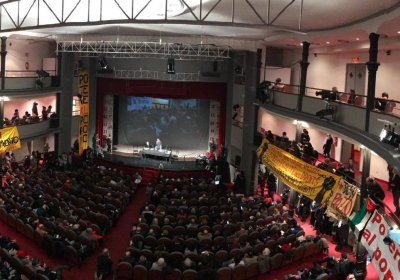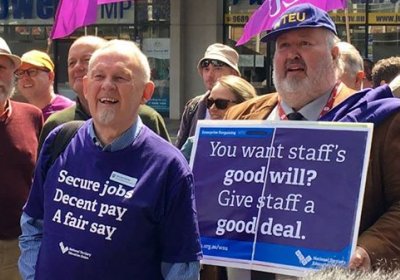Italy’s new government is the most conservative and reactionary since World War II, writes Daniele Fulvi.
After three months of laborious negotiations, Italy finally has a new government. However, there is very little to celebrate.
The populist Five Star Movement (M5S) and the far-right Lega Nord (Northern League) came to an agreement on the government’s agenda. They won the argument against Italian President Sergio Mattarella to give the prime ministership to Giuseppe Conte, a professor and jurist who sympathises with M5S.










